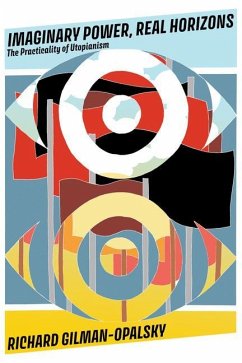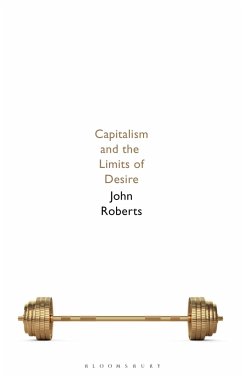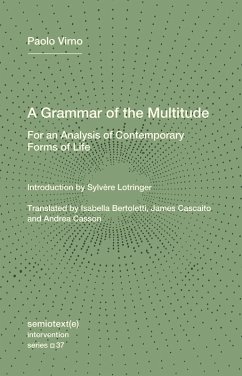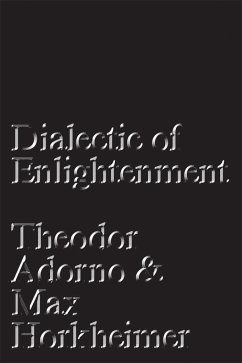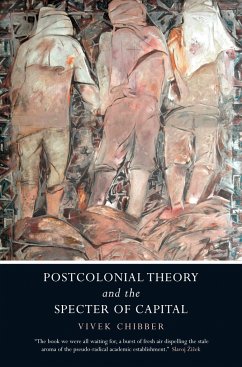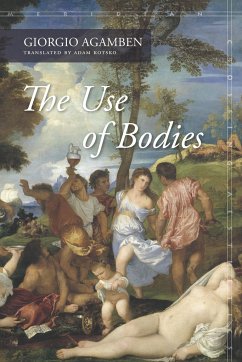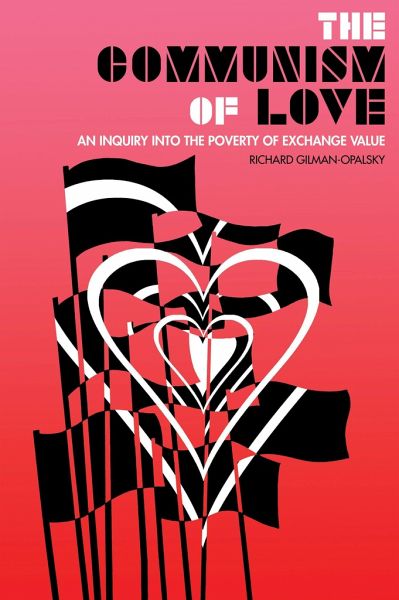
The Communism of Love
An Inquiry Into the Poverty of Exchange Value

PAYBACK Punkte
13 °P sammeln!
A reminder of the most powerful and sustaining force in our lives. And that it's under constant threat.
Dieser Artikel kann nur an eine deutsche Lieferadresse ausgeliefert werden.





